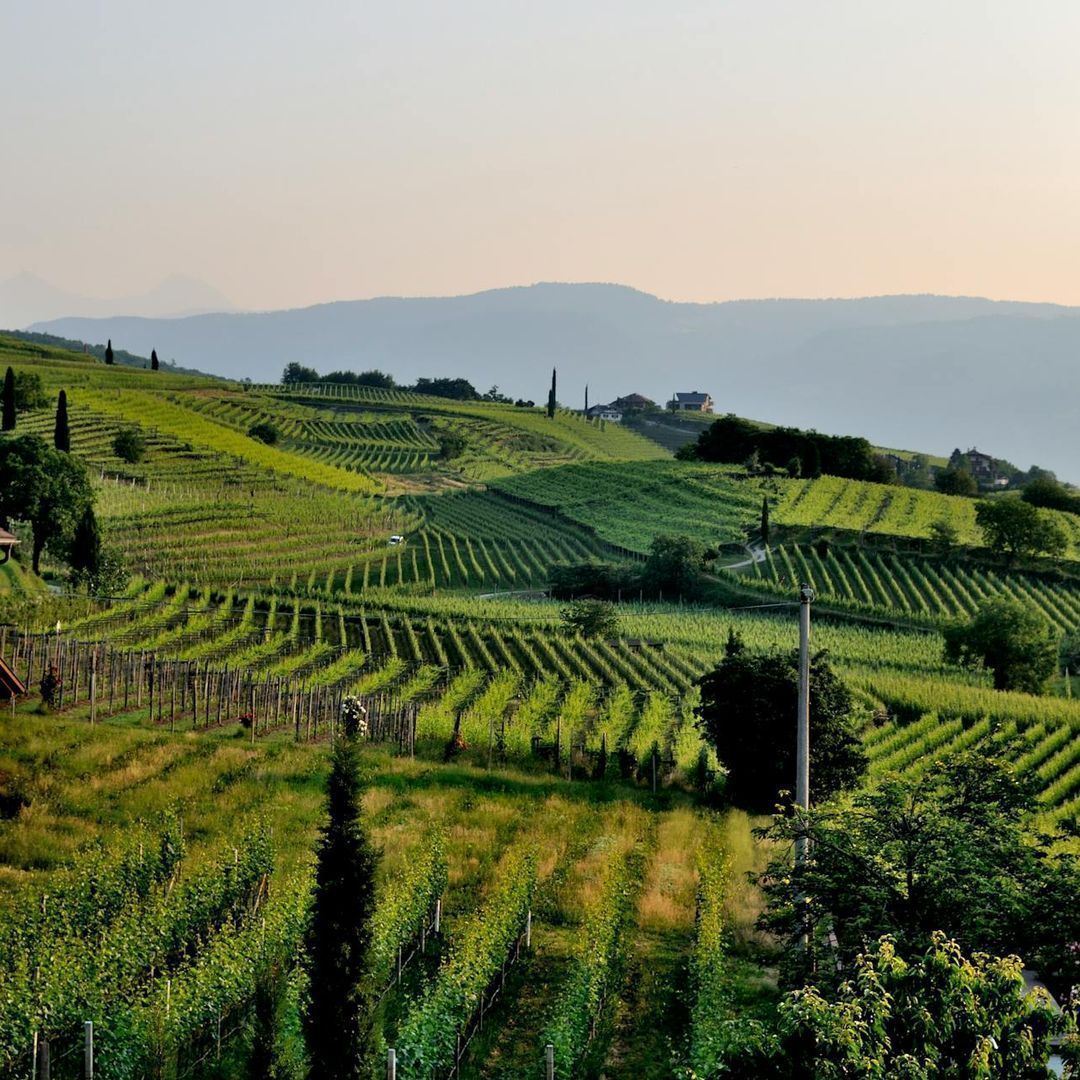Natural and Biodynamic Wines: A Return to Nature in the Glass

In recent years, the world of wine has been swept by a movement that is transforming the way we think about viticulture and winemaking: natural and biodynamic wines. This isnt just a trend, but a true return to our roots, an approach that puts nature, sustainability, and authenticity at the center. Behind every bottle of natural or biodynamic wine lies a story of respect for the land, dedication to craftsmanship, and a desire to offer consumers an authentic and unique experience. Lets discover together what makes these wines so special and why they are winning over an ever-growing number of enthusiasts.
What are natural and biodynamic wines?
Natural and biodynamic wines share a common denominator: respect for nature and the desire to intervene as little as possible during production. However, there are fundamental differences between the two concepts.
Natural Wines
Natural wines are produced with a minimalist approach, both in the vineyard and in the cellar. The grapes come from organic or biodynamic cultivation, without the use of pesticides, chemical herbicides, or synthetic fertilizers. In the cellar, intervention is kept to a minimum: no sulfites are added (or at least in very limited quantities), no filtration, and no fining. The result is a wine that purely reflects the terroir, the vintage, and the grapes used.
Biodynamic Wines
Biodynamic wines follow the principles of biodynamic agriculture, an approach introduced by philosopher Rudolf Steiner in the 1920s. This method combines organic practices with a focus on natural cycles, cosmic rhythms, and soil vitality. Biodynamic preparations based on herbs and minerals are applied to the vineyards to enrich the soil. Here, too, intervention in the cellar is minimal, but biodynamics goes further, embracing a holistic and spiritual philosophy.
Why choose a natural or biodynamic wine?

There are many reasons consumers are turning to natural and biodynamic wines, and they go far beyond simple taste. 1. Authenticity: These wines are the purest expression of a terroir. They are not adjusted or modified, allowing the grapes natural flavors and aromas to emerge in all their complexity. 2. Sustainability: Natural and biodynamic farming has a reduced environmental impact, promoting biodiversity and protecting soil and water. 3. Health: The absence of chemicals and limited (or no) use of sulfites make these wines a healthier choice for those sensitive to additives. 4. Unique sensory experience: Natural and biodynamic wines offer aromatic and flavor profiles that are often unexpected, sometimes even rustic, but always authentic. They are wines that tell stories and continually evolve in the glass.
How do you recognize a natural or biodynamic wine?
Natural and biodynamic wines can surprise with their variety and complexity. Often, colors are more intense or slightly cloudy due to the lack of filtration. On the nose, fresh and lively notes can be detected, but also wilder, sometimes described as funky. On the palate, these wines are dynamic and lively, with often pronounced acidity and a depth that invites reflection. A glass of natural or biodynamic wine is never boring. Its a journey through the flavors of the earth, an experience that changes and evolves with every sip.
The protagonists of the revolution
Many winemakers around the world have embraced this philosophy, creating wines that are true artisanal masterpieces. Some names and regions worth knowing include: France: The Loire and Beaujolais regions were the cradles of the natural wine movement, thanks to pioneers like Marcel Lapierre. Burgundy and the Rhône Valley are also producing exceptional labels. Italy: Sicily is a major hub for natural wines, with producers like Arianna Occhipinti and Frank Cornelissen. Piedmont, Tuscany, and Emilia-Romagna also offer extraordinary examples. Spain: Regions like Catalonia and Galicia are emerging with vibrant and authentic natural wines. New World: In the United States, Australia, and Chile, the natural wine movement is also growing, leading to the creation of surprising wines.
Criticisms and challenges
Despite their growing popularity, natural and biodynamic wines are not without their critics. Some consumers and industry professionals complain that these wines can be too unpredictable, with quality varying from bottle to bottle. Others point out that the wild flavors may not be appreciated by those accustomed to more conventional wines. Theres also the issue of accessibility. Limited production and artisanal care often make these wines more expensive and difficult to find. However, for those willing to explore, the experience is worth every penny.
The future of natural and biodynamic wines
The natural and biodynamic wine movement is set to grow, thanks to a public increasingly focused on sustainability and authenticity. With climate change threatening global viticulture, the earth-friendly approach promoted by these wines could represent a solution to preserving our winemaking heritage. Furthermore, more and more restaurants and sommeliers are embracing these wines, offering them in pairings that highlight their uniqueness. The future of wine, therefore, could be increasingly natural.
Conclusion
Natural and biodynamic wines arent just an alternative to conventional wines; theyre a declaration of intent, a way to celebrate nature, tradition, and creativity. Each bottle is a work of art, the fruit of a delicate balance between man and the earth. If youve never tried them, give yourself the opportunity to discover the charm of a wine that doesnt follow the rules, but tells authentic stories. Uncorking a bottle of natural or biodynamic wine is an invitation to slow down, reflect, and celebrate the imperfect beauty of nature. Because, as an ancient saying goes: in wine, theres truth. And in natural and biodynamic wines, truth is more alive than ever.

gourmet
Data di inserimento 21 nov 2024
Report article


Comments
There are no comments yet.